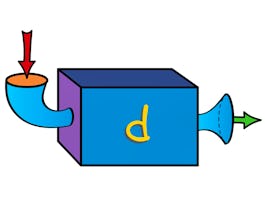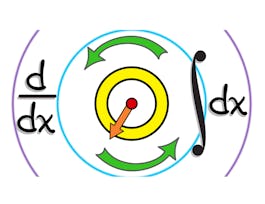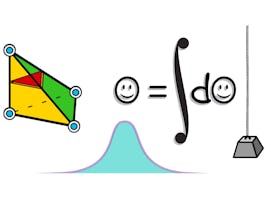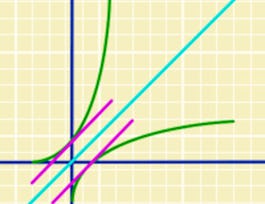Calculus is one of the grandest achievements of human thought, explaining everything from planetary orbits to the optimal size of a city to the periodicity of a heartbeat. This brisk course covers the core ideas of single-variable Calculus with emphases on conceptual understanding and applications. The course is ideal for students beginning in the engineering, physical, and social sciences. Distinguishing features of the course include: 1) the introduction and use of Taylor series and approximations from the beginning; 2) a novel synthesis of discrete and continuous forms of Calculus; 3) an emphasis on the conceptual over the computational; and 4) a clear, dynamic, unified approach.


Calculus: Single Variable Part 1 - Functions
Taught in English
Some content may not be translated
137,522 already enrolled
(2,123 reviews)
Skills you'll gain
Details to know
20 quizzes, 1 assignment
See how employees at top companies are mastering in-demand skills

There are 4 modules in this course
Welcome to Calculus: Single Variable! below you will find the course's diagnostic exam. if you like, please take the exam. you don't need to score a minimal amount on the diagnostic in order to take the course. but if you do get a low score, you might want to readjust your expectations: this is a very hard class...
What's included
1 video2 readings1 quiz1 assignment
This module will review the basics of your (pre-)calculus background and set the stage for the rest of the course by considering the question: just what <i>is</i> the exponential function?
What's included
3 videos1 reading4 quizzes
This module gets at the heart of the entire course: the Taylor series, which provides an approximation to a function as a series, or "long polynomial". You will learn what a Taylor series is and how to compute it. Don't worry! The notation may be unfamiliar, but it's all just working with polynomials....
What's included
5 videos8 quizzes
A Taylor series may or may not converge, depending on its limiting (or "asymptotic") properties. Indeed, Taylor series are a perfect tool for understanding limits, both large and small, making sense of such methods as that of l'Hopital. To solidify these newfound skills, we introduce the language of "big-O" as a means of bounding the size of asymptotic terms. This language will be put to use in future Chapters on Calculus.
What's included
4 videos1 reading7 quizzes
Instructor

Offered by
Recommended if you're interested in Math and Logic

University of Pennsylvania

University of Pennsylvania

University of Pennsylvania

The University of Sydney
Why people choose Coursera for their career




Learner reviews
Showing 3 of 2123
2,123 reviews
- 5 stars
80%
- 4 stars
15.28%
- 3 stars
2.44%
- 2 stars
0.65%
- 1 star
1.59%

Open new doors with Coursera Plus
Unlimited access to 7,000+ world-class courses, hands-on projects, and job-ready certificate programs - all included in your subscription
Advance your career with an online degree
Earn a degree from world-class universities - 100% online
Join over 3,400 global companies that choose Coursera for Business
Upskill your employees to excel in the digital economy
Frequently asked questions
Access to lectures and assignments depends on your type of enrollment. If you take a course in audit mode, you will be able to see most course materials for free. To access graded assignments and to earn a Certificate, you will need to purchase the Certificate experience, during or after your audit. If you don't see the audit option:
The course may not offer an audit option. You can try a Free Trial instead, or apply for Financial Aid.
The course may offer 'Full Course, No Certificate' instead. This option lets you see all course materials, submit required assessments, and get a final grade. This also means that you will not be able to purchase a Certificate experience.

